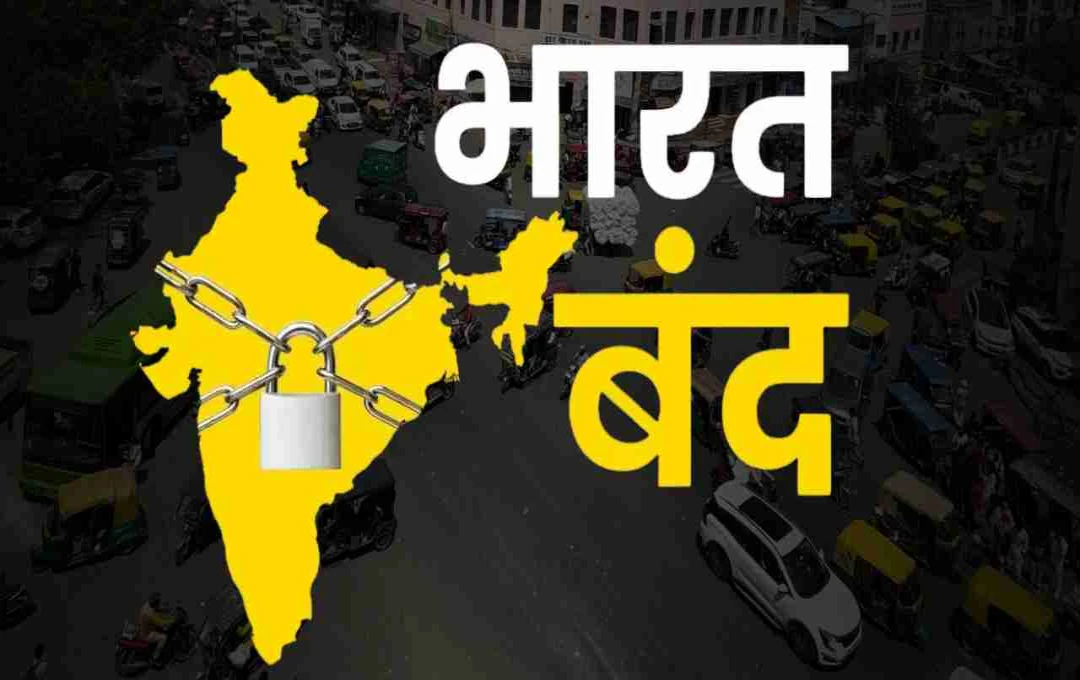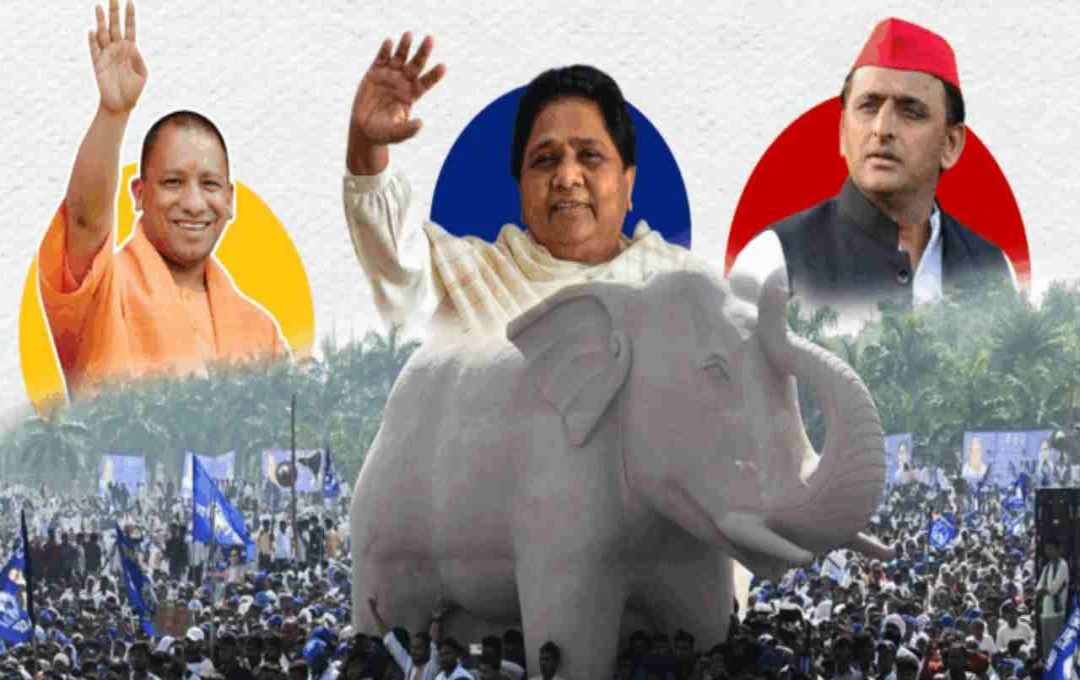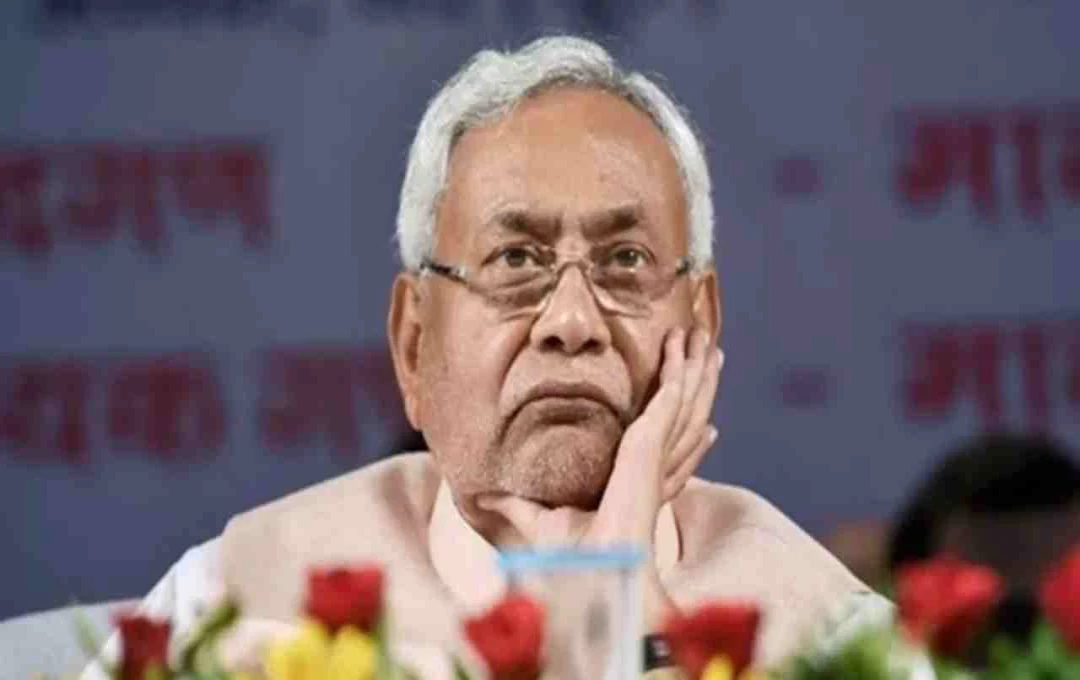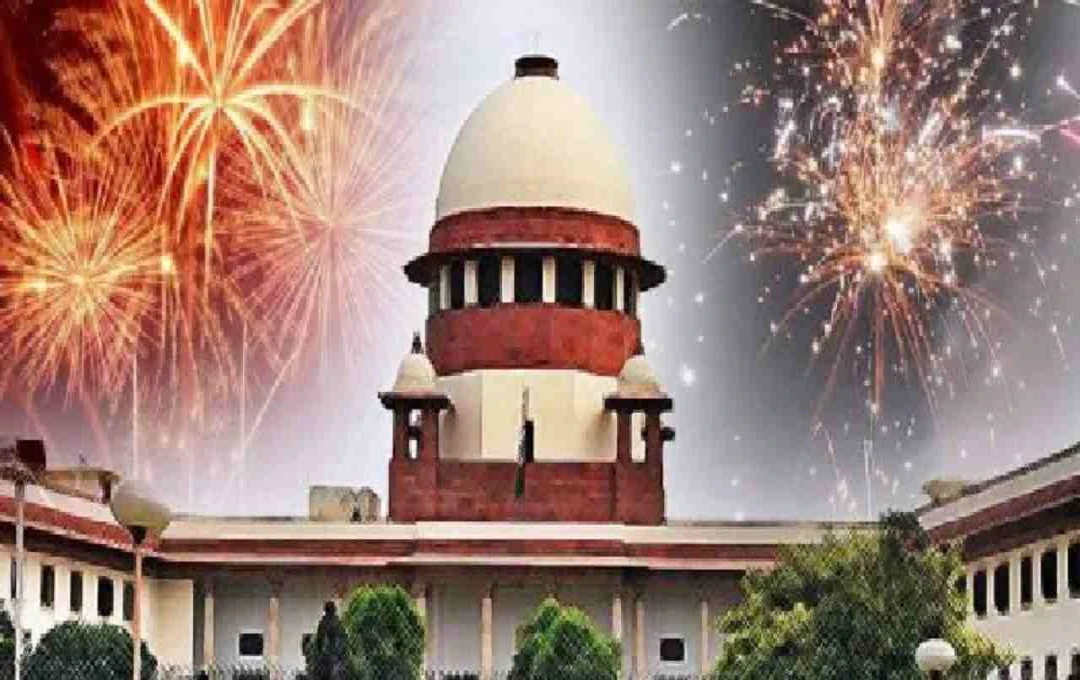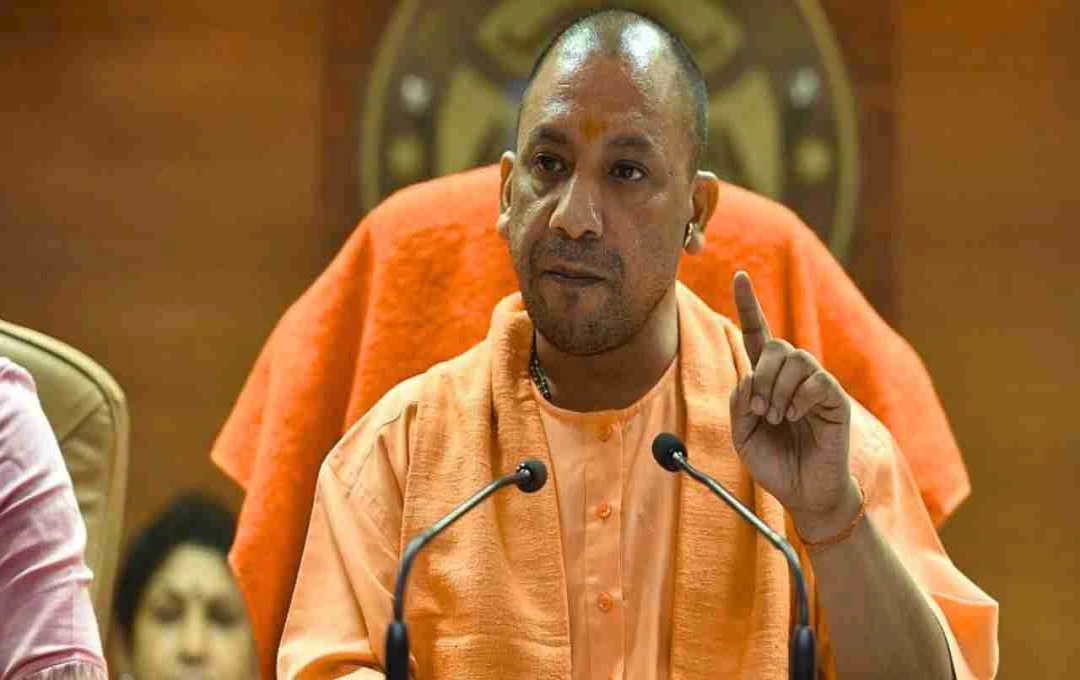In the 2025 Bharat Bandh, over 250 million workers went on strike to protest the government's labor policies, impacting banking, electricity, insurance, and transportation services.
Bharat Bandh 2025: Today, the echo of 'Bharat Bandh' resonated across the country as crores of workers, farmers, and rural laborers united and took to the streets. This strike, organized in protest against the central government's labor and agricultural policies, is considered one of the most extensive industrial actions in recent years. The movement was spearheaded by the country's 10 major central trade unions, with workers from key sectors such as banking, postal services, insurance, coal mining, electricity, construction, and public transport participating. It is estimated that around 250 million workers participated in this historic bandh.
Banking services disrupted, cash withdrawal crisis
Under Bharat Bandh 2025, bank employees participated in the strike, severely affecting banking services in many states. Bank branches remained closed in areas like Bengal, Maharashtra, Tamil Nadu, and Jharkhand, and a severe shortage of cash was observed in ATMs. This caused significant difficulties for the general public in withdrawing, depositing, and performing other banking transactions.
Major impact on electricity services, blackouts in many places
During Bharat Bandh 2025, the strike by approximately 2.7 million electricity department employees caused power supply to be cut off in many places. Its impact was particularly severe in rural and industrial areas. Several areas in states like Delhi, Uttar Pradesh, and Bihar experienced power outages lasting 4 to 6 hours, causing significant problems for the general public and businesses.
Railway services operational but delays and disorder
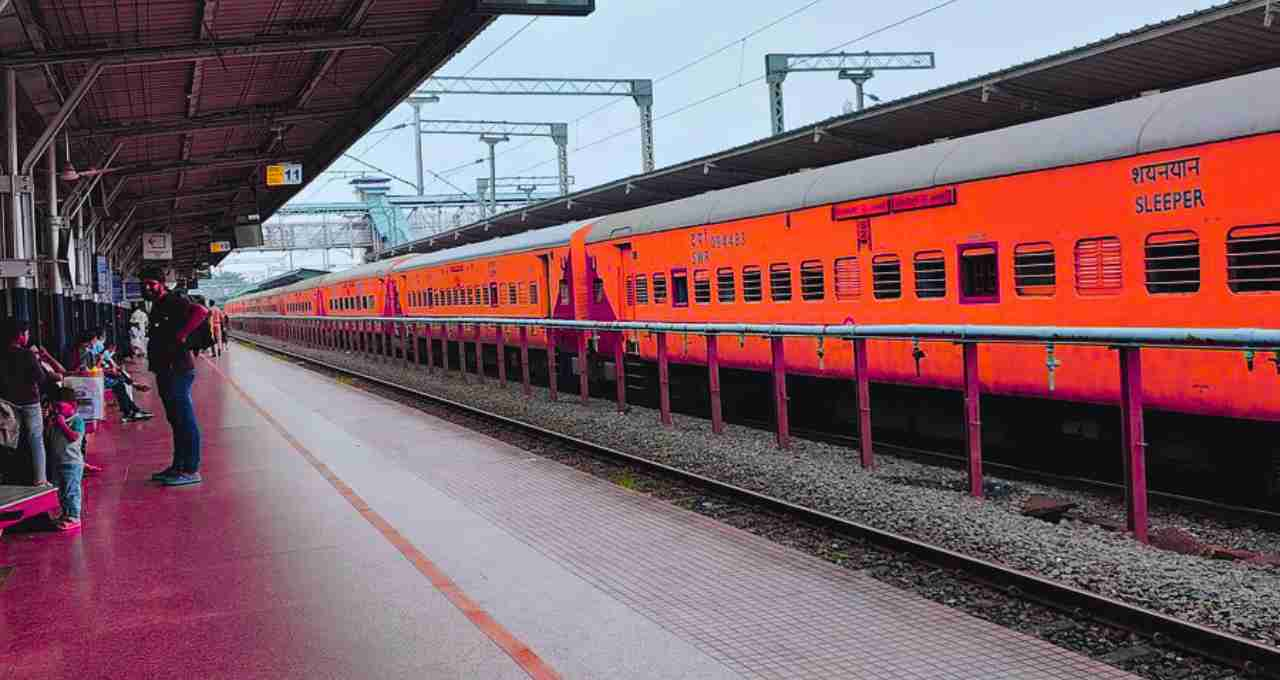
During Bharat Bandh 2025, railway services were not completely shut down, but delays were observed in the movement of many trains due to the strike. In several places, laborers staged sit-ins on the tracks and protested, stopping trains. Passengers were particularly inconvenienced at major railway stations like Howrah, Mumbai, and Bhubaneswar, and they faced difficulties in their travel.
Work also stopped in insurance and postal departments
LIC and other insurance company employees participated in the strike and opposed the government's privatization policy. Consequently, insurance claims and other services were affected. Also, the inclusion of postal department employees caused delays in the delivery of letters and parcels. People in many cities could not receive essential documents and goods on time, causing significant inconvenience to the general public.
Support from farmers and rural laborers as well
Not only the laborers but also the farmers and rural laborers provided full support. All India Trade Union Congress (AITUC) General Secretary Amarjit Kaur said that many farmers' organizations participated in this strike. In states like Punjab, Haryana, West Bengal, and Andhra Pradesh, farmers took to the streets and raised slogans against the government's policies, expressing their unity and displeasure. This further strengthened the movement.
Schools and colleges remained open, but attendance was low

The government did not declare a holiday for schools and colleges, so they remained open. But in many areas, students and teachers could not reach on time due to the impact on public transport. Especially in small towns and villages, attendance was very low, which disrupted the operation of classes and affected studies.
Demand for improvements in MGNREGA and employment
Labor organizations bly demanded improvements in the MGNREGA scheme. They said that the number of working days should be increased and the wage rate should be improved because unemployment has increased a lot in rural areas. The unions say that the government's schemes are limited to paper only and people are not getting employment at the ground level, which is worsening the condition of poor families.
Four new labor laws of the government became the center of controversy
A major reason behind Bharat Bandh 2025 is the four new labor laws implemented by the government, which trade unions consider to be against the workers. They say that these laws have increased working hours, putting an additional burden on the workers. Also, they are no longer getting the right to collectively raise their voice for their rights. Unions also say that these laws have reduced the accountability of employers, which has increased the risk of exploitation of workers.
Workers' rights are being taken away in the name of 'Ease of Doing Business'
Trade unions alleged that the government, in the name of 'Ease of Doing Business,' is only looking at the benefit of big industrialists. They say that these policies are ignoring the rights of workers and farmers. The new rules have weakened the workers and they are not getting security or justice. This strike has emerged as a mass movement against this inequality and exploitation, in which millions of people have raised their voices.
Clear warning to the government – accept demands or the struggle will intensify
Trade unions have clearly warned the government that if their demands are not met soon, this movement could take an even bigger form. The unions say that they are now planning large-scale protests across the country during the Parliament session. Their aim is that the government should not ignore the voice of the workers and farmers, otherwise the struggle will be intensified. This strike is a warning, not the end.
